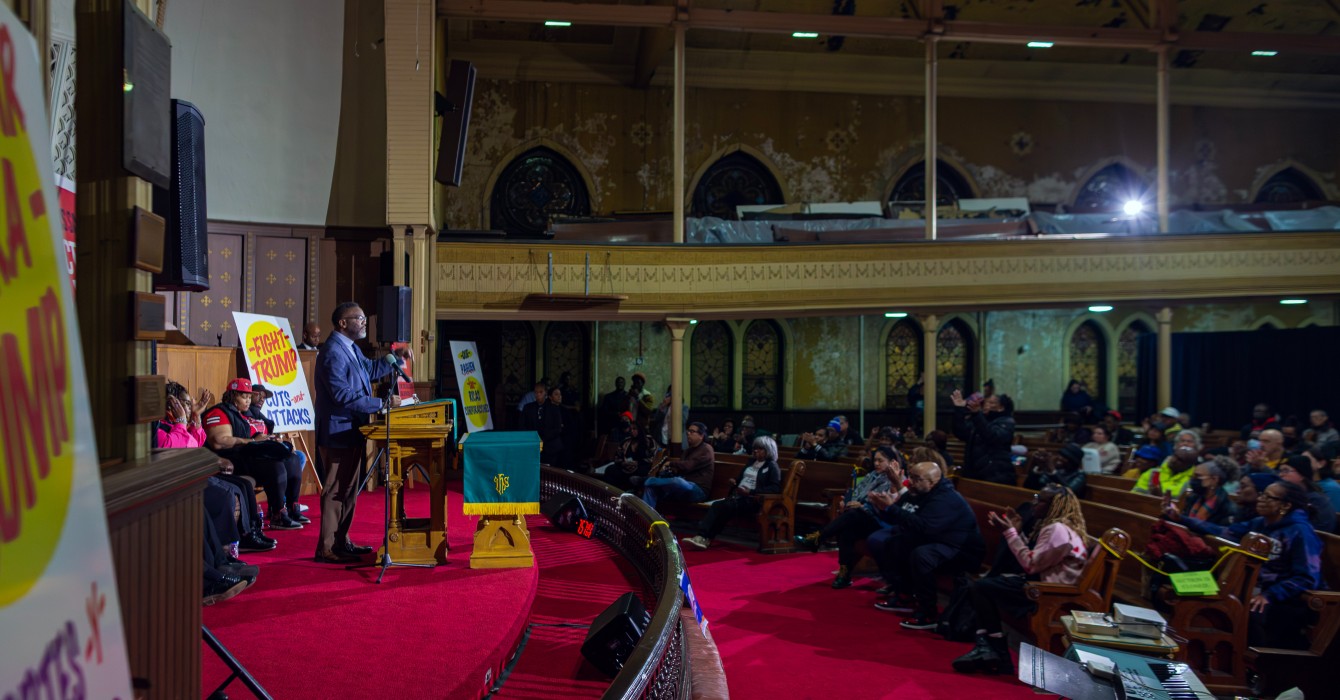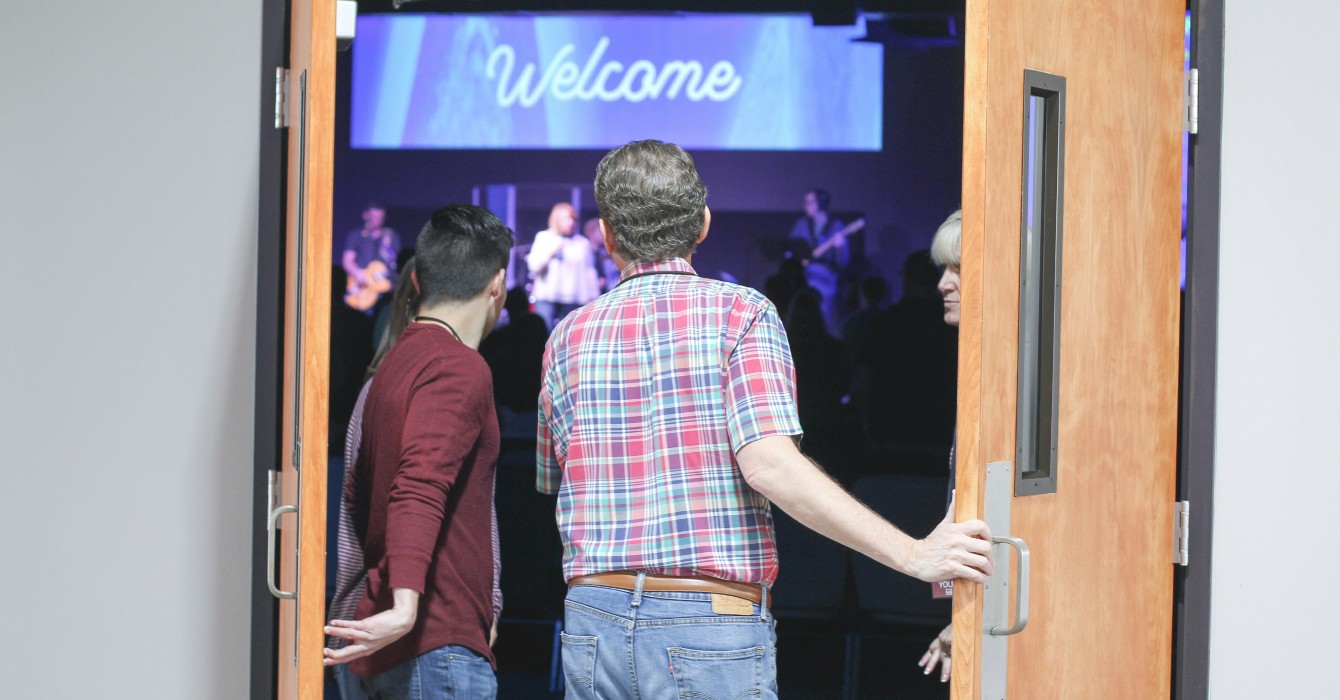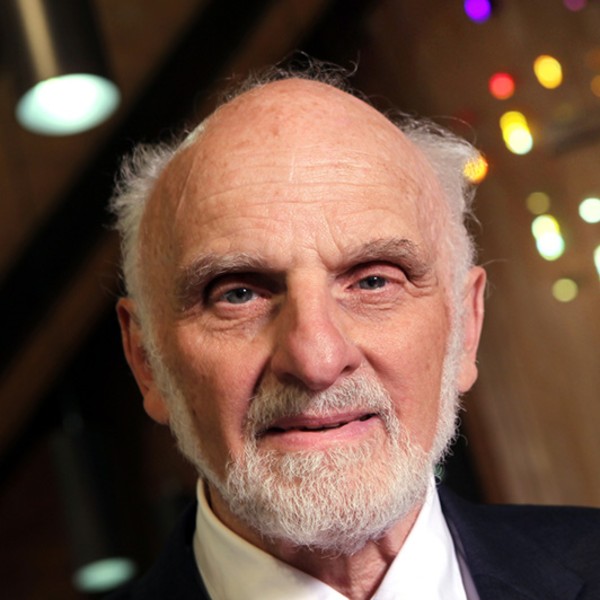Do you remember the American Express advertising slogan from the late 1980s “Membership has its privileges”? For me, the slogan defined a generation that highly valued membership. It was aspirational. It was exclusive. It was Miami Beach, a Cadillac with a car phone and Southfork Ranch from the TV show “Dallas” all wrapped up in one.

Being “members” in that era meant being set apart from those who weren’t, and even though the ad campaign ended in the mid-1990s, I still feel that we carry that sentiment into our attitude toward church membership. In my life as a pastor, I’ve known many who held a distinct belief that church membership had its privileges — and some might not be fit for it.
The great heresy (not merely irony) of this mis-orientation of membership is that the local church claims to worship a God who welcomes all. When Jesus invited children to gather around him, it was not to build an attractive children’s ministry. Rather, Jesus’ invitation to children and outsiders was a direct affront on the religious leaders who believed that being a religious leader had its privileges.
Jesus pushed against exclusivity in membership with a generous invitation that — in the words of the 19th-century hymn — “whosoever will may come.” His invitation was not, “Whosoever qualifies for an Amex Gold Rewards Card can show up, claim a pew until death and enjoy the privileges,” though this is how membership functioned in the temple. It’s also true in enough congregations that countless local church ministers now bear the burden of the stereotype that churches are full of members holding on to privilege. Of course, this should change.
Flipping the membership model
A healthier membership mindset might look like Bike Shed Moto Co.in Los Angeles. Bike Shed is a club of sorts that includes a restaurant, retail shop and event space, but at its core, it is a gathering place for folks who love motorcycles and motorcycle culture.
I discovered Bike Shed Moto while listening to “Spike’s Car Radio,” a sometimes irreverent podcast by comedian Spike Feresten. Feresten interviewed Bike Shed founder Dutch van Someren, who spoke about membership at the club in a way that has stuck with me.
“When people say, ‘What’s the privileges of membership?’ … I’m kinda like, ‘Actually, it’s the obligations of membership,’” van Someren said. “You’ve gotta be nice to our staff; don’t be a [jerk]; … if you do wheelies up the road when you leave and [upset] our neighbors, we are going to ban you from the club and you won’t get your money back. So actually, our members are our nicest customers. And they are the ones who … tip the best and look after our staff, and everyone knows everybody’s name and they hang out together.”
That was the moment I realized that far too many churches stick signs in the yard and think they are welcoming to all, but when the rubber meets the road, they are functioning as though they are American Express, not a church as it should be.
Church members think they are “here for everyone — all people need to do is come.” However, when guests cannot find simple things like coffee, the bathroom or name tags, let alone new friends, they are lost in a space where “membership has its privileges,” and they are definitely not members. Meanwhile, most church members have no idea that they are inhospitable hosts, oblivious to the noise and chaos they surround their guests with.
As Christian people invested in congregational life, we must interrogate the ways we lean into the privileges of membership and away from membership’s responsibilities. We must dust off the church covenants and recover how we are called to embody our faith and treat one another.
It is both biblical and essential for us to look through lenses of faith and love when gathering a community. While hospitality isn’t a magic pill to save the church as we know it, I am certain we cannot build a community of faith without the generous embodiment of membership as expressed in hospitality and love.
Membership may have its privileges, but in congregational spaces, it has its responsibilities as well. The church that emerging generations need is not one of entertainment, pandering or exclusivity. The rest of the world has plenty of that. Instead, the church of today and tomorrow will be the one that figures out how to be a generative community of love, driven by the call of God. And in that, we recover the responsibility of God’s love that drew us into our family of faith from the very beginning.













